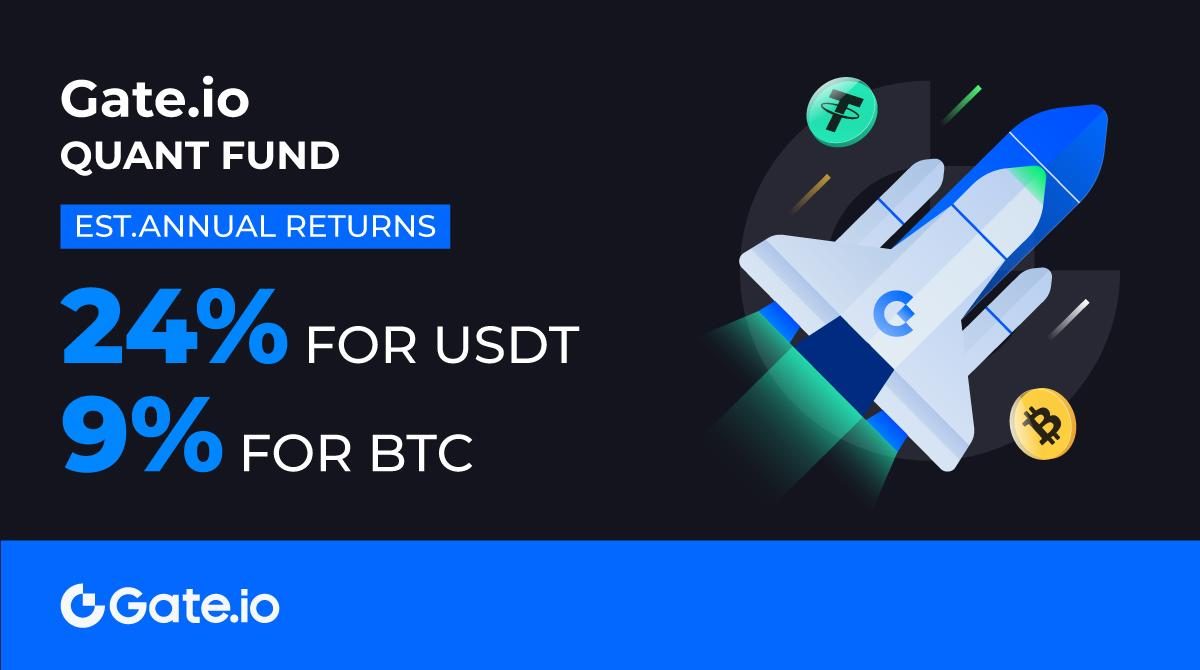The adoption of cryptocurrencies in Nigeria is increasing despite government crackdowns
Nigeria’s crypto adoption continues to surge despite government crackdowns, with peer-to-peer (P2P) trading quantity for Bitcoin hitting a report in the second week of final month.
According to information from Google Trends, on the time of this writing, Nigeria is nonetheless ranked numerically based mostly on search curiosity for the key phrase “bitcoin”. Bitcoin P2P trading in Nigeria’s Naira has continued to develop in 2021, with Nigeria rating simply behind the United States because the second largest market for peer-to-peer BTC trading, in line with Useful Tulips.
The increasing adoption of Bitcoin in Nigeria has helped sub-Saharan Africa turn into the chief in P2P quantity, with the area producing weekly gross sales of $ 18.8 million final week, up from $ 18 million final week Bitcoin surpassed US {dollars}.

A mix of political and financial crises has spurred the adoption of native cryptocurrencies, together with social repression, foreign money controls, and rampant inflation.
Tensions in Nigeria have escalated since October after large public protests towards police brutality and the infamous police unit “Sars” swept the nation.
During the FinishSars protests, demonstrators have been attacked with tear fuel and water cannons, killing greater than 50 civilians in whole, together with a dozen who died on October 20. have been shot useless by armed cops.
The government’s actions additionally outcome in financial repression as social organizations help the demonstrators with meals and medical help and have their financial institution accounts shortly frozen. Amid the violence, protesters are more and more turning to cryptocurrencies to convey their financial actions out of the attain of the government.
Adeyunmi Emoruwa, founder of Gatefield – a public order group whose account has been banned for funding journalists who help the protests on account of current Nigerian hostility over investing with digital protests in October, instructed The Guardian:
“I feel FinishSars is like the primary catalyst for some of the choices the government makes. It causes worry. You discover, for instance, that individuals resolve to bypass state constructions and establishments in order to mobilize. “
An anonymous source claiming to represent a social organization whose bank accounts were targeted during turbulent times also told the publication that their group was able to pay members in cryptocurrency despite the financial embargo.
“We maintain some securities in crypto – not an excessive amount of, however sufficient, like an insurance coverage coverage,” they said. “Fortunately, we have been in a position to pay our salaries when the ban got here in.”
In February, the government banned licensed banks from processing cryptocurrency transactions to prevent the adoption of digital assets.
However, Nigeria’s steadily increasing P2P Bitcoin volume shows that the country’s growing crypto user base was largely implicitly motivated to access crypto assets from outside the target government.
Marius Reitz, Africa General Manager of the Luno crypto exchange, told The Guardian that the Nigerian ban has only made it difficult to monitor crypto trading, stating:
“Many transactions have now been promoted underground, which implies that many Nigerians are actually reliant on much less safe, much less clear over-the-counter channels and Telegram and WhatsApp teams the place individuals work together straight with each other.”
The government’s efforts to crack down on cryptocurrencies have additionally been criticized internally, with Vice President Yemi Osinbajo publicly rejecting the ban in February.
Related: Why is Bitcoin price $ 86,000 in Nigeria? Because of this, the BTC rewards are big in some international locations
Despite the nation’s hostility to decentralized crypto belongings, Nigeria is at present learning the event of a central financial institution digital foreign money (CBDC).
In late July, the Central Bank of Nigeria introduced its plans to begin testing CBDCs from October 1 of this yr.
.
.















